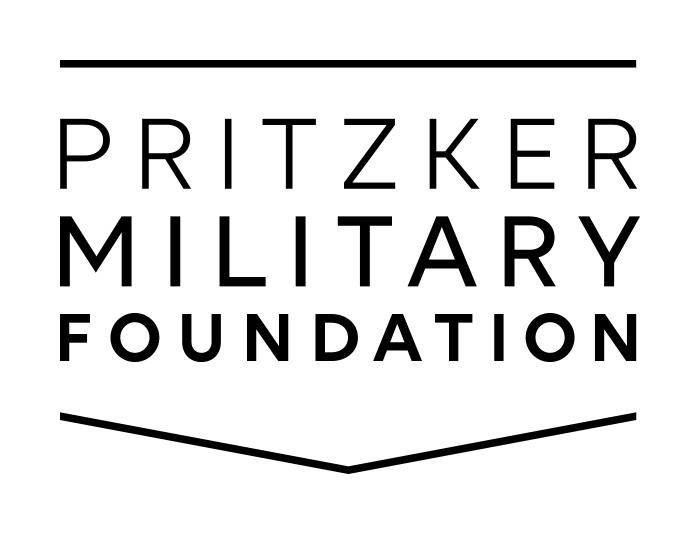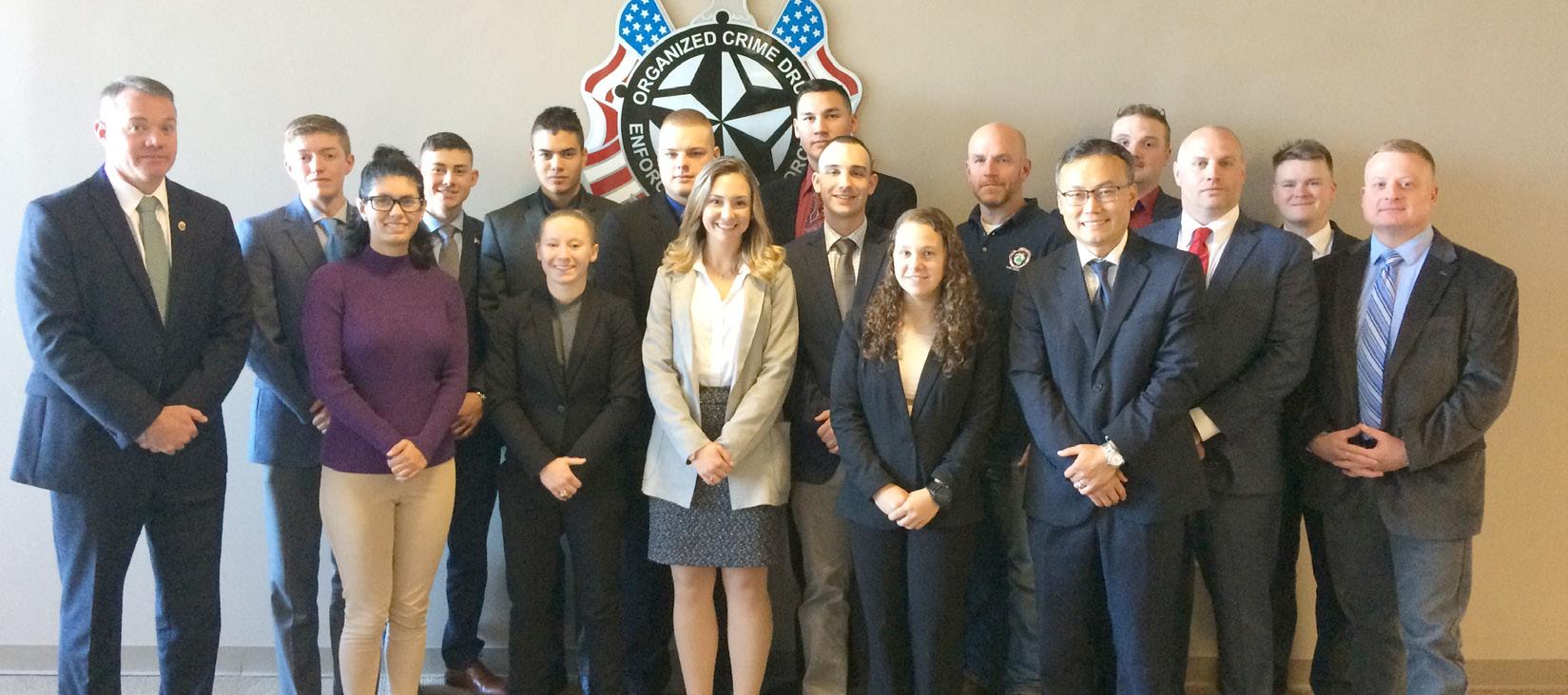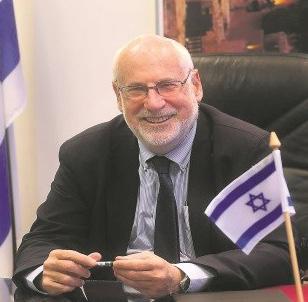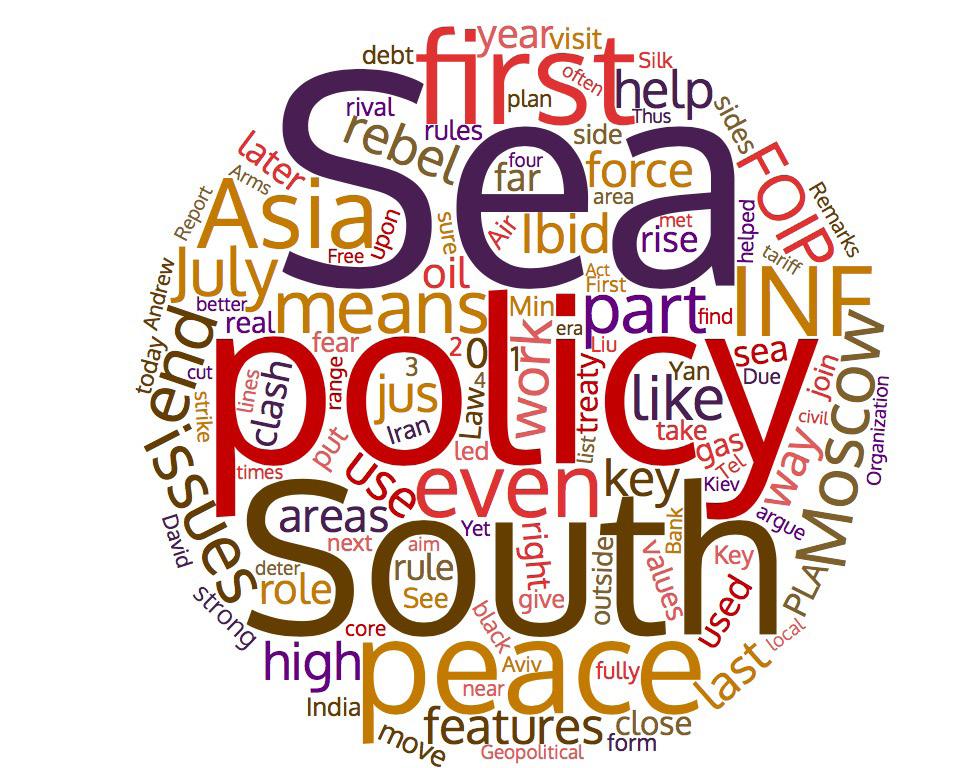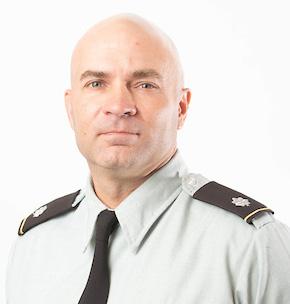JOHN AND MARY FRANCES
JOHN AND PATTONPATTON MARY FRANCES
MAJOR GENERAL JOHN S. PATTON
PEACE & WAR CENTER NORWICH UNIVERSITY
®
Major General John S. Patton served as military adviser to the chairman and executive officer of the Reserve Forces Policy Board, Office of the Secretary of Defense since January 1969. The Reserve Forces Policy Board is the principal policy advisory group to the secretary of defense on matters pertaining to the Reserve Components of the Armed Forces. The board is assisted by an advisory panel on ROTC affairs. General Patton was born in Carthage, Mo., in 1918, and graduated from Turlock, Calif., High School in 1935. He graduated from the University of Southern California in 1941 with a bachelor of science degree in marketing, magna cum laude, and received his doctor of philosophy degree in international relations from American University in 1963. He attended the National War College in Washington, D.C. from 1955-1956, the first civilian employee of the Air Force to be selected to attend. His distinguished career in the service of the U.S. Government, as a military reserve officer and as a civilian executive in the Department of Defense and the National Aeronautics and Space Administration, began when he enlisted in the U.S. Naval Reserve in August 1941. He entered active duty in January 1942 and was commissioned as ensign in May 1942. He completed Bomb Disposal School then served on the USS Enterprise in South Pacific combat duty from October 1942 to May 1943. He subsequently was a bomb damage assessment and targeting liaison officer with the British Ministry of Home Security and the U.S. Eighth Air Force in England. He next was assigned to the Joint Target Group in Washington, D.C., supporting the XXI Bomber Command in the strategic air offensive against Japan. He was a lieutenant commander when relieved from active duty in September 1946.
“The Patton Center is well named. My experience with the Pattons through intersections involving the Board of Fellows and Board of Trustees was always very positive. Both were modest, helpful, congenial, articulate, and highly intelligent advocates of the University. Their interest in the University involved a deep and probing attention to the mission and history of the institution that was uncommon, if not rare.” — Emeritus Dana Professor of History Dr. Gary T. Lord 2

